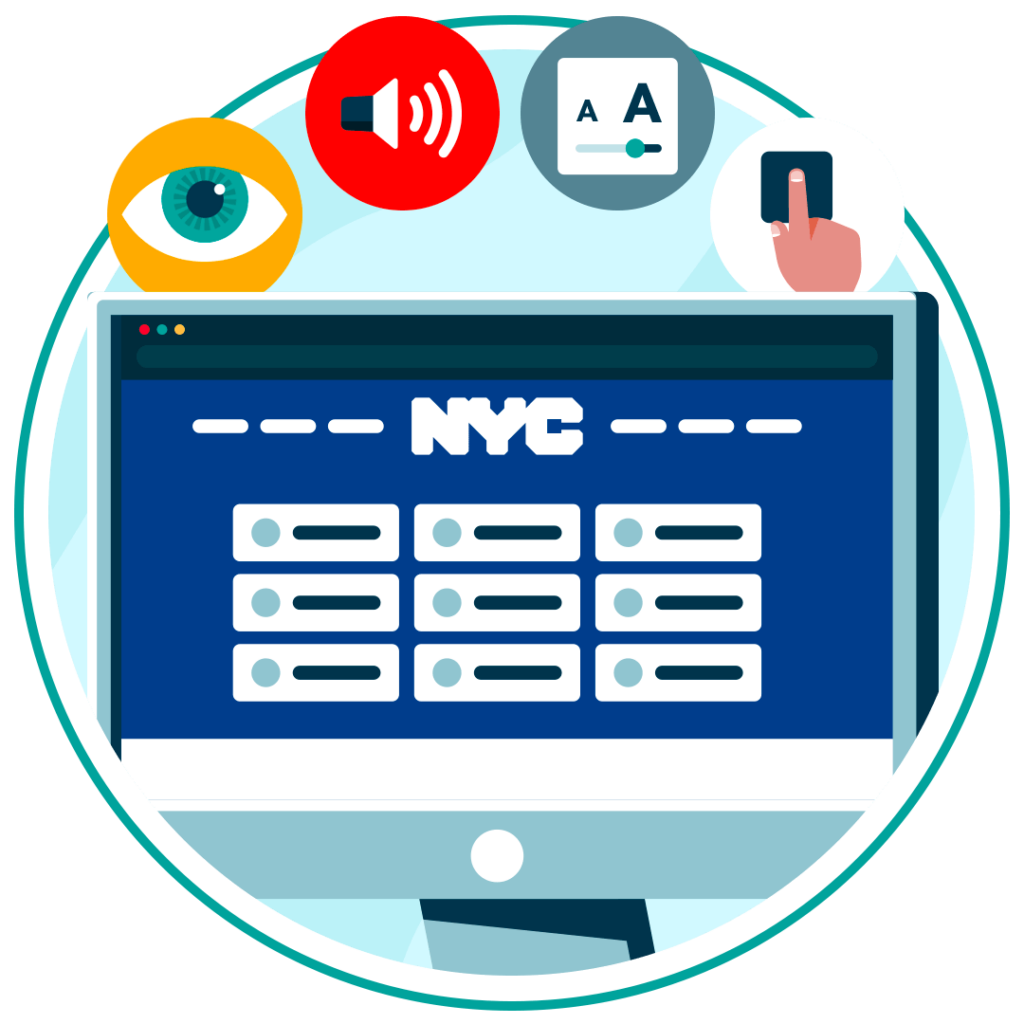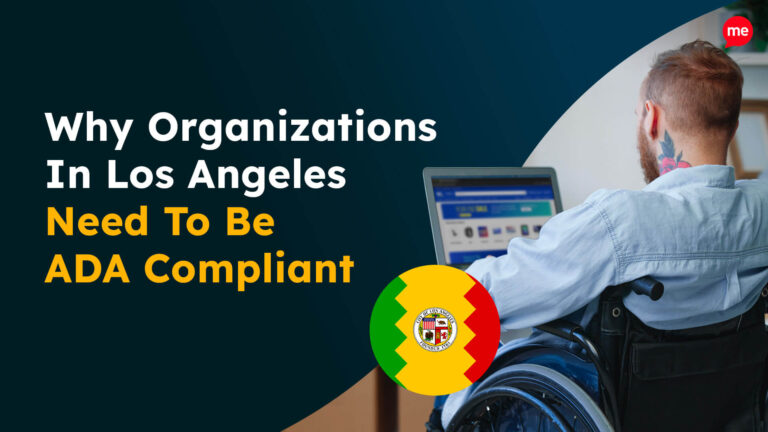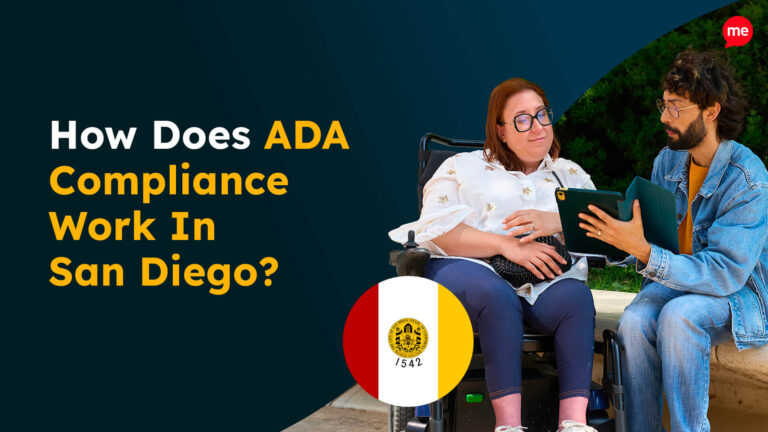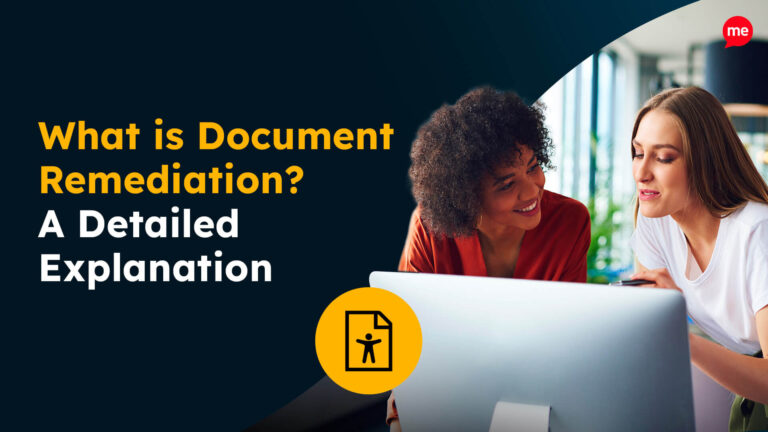Digital accessibility has emerged as a critical aspect of ensuring equal access to information and services for individuals with disabilities and people who speak English as a second language. New York City (NYC) has enacted several local laws to reinforce digital accessibility standards, complementing federal mandates such as the Americans with Disabilities Act (ADA) and the Rehabilitation Act of 1973. Compliance with these regulations not only mitigates legal risks but also aligns with the principles of equity and inclusivity
Legal Framework
There are a variety of NYC and federal laws mandating city agencies must comply with accessibility standards outlined in the Web Content Accessibility Guidelines (WCAG).
New York City implemented a series of laws to ensure that city agencies provide inclusive digital experiences, making information and services accessible to individuals with disabilities.
Specifically, Local Laws 26 of 2016, 30 of 2017, and 12 of 2023 set key requirements for city agencies, including:
- Website Accessibility Statement: Every agency must post a Website Accessibility Statement and provide a mechanism to report accessibility issues.
- Five-Year Accessibility Plans: Agencies are mandated to create, publish, and implement 5-year Accessibility Plans outlining efforts to enhance accessibility.
- Compliance with WCAG Standards: Agencies must adhere to Web Content Accessibility Guidelines (WCAG) standards to ensure digital content is accessible.
- Digital Accessibility Reports: The Mayor’s Office for People with Disabilities audits and reports on the accessibility of the agencies’ websites.
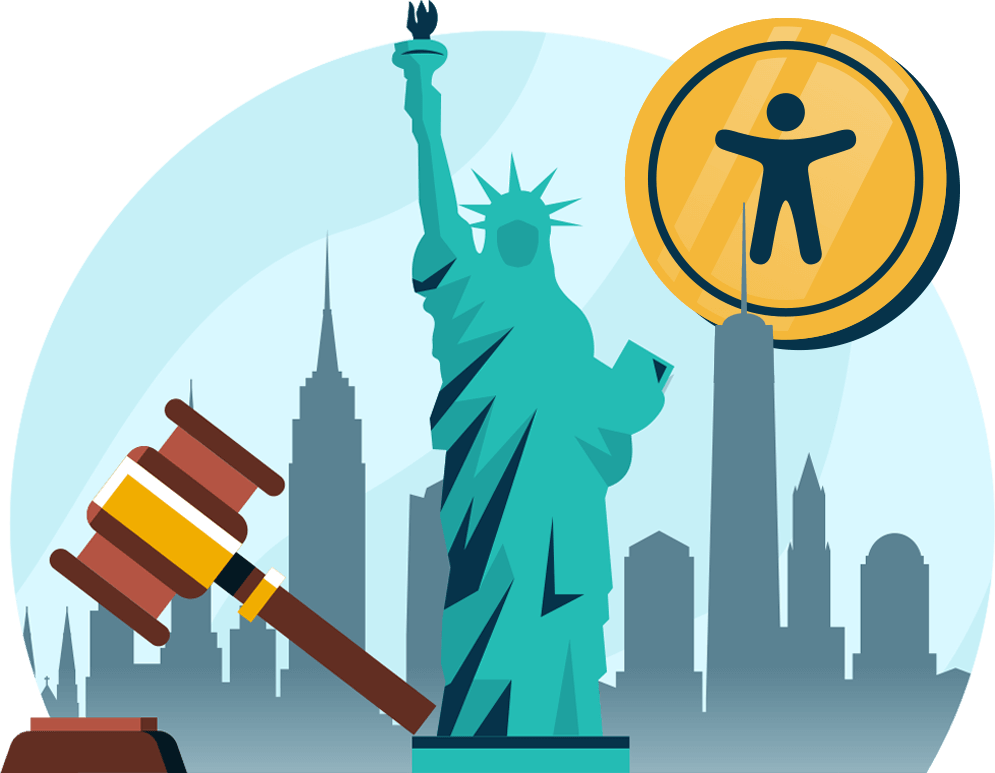
These local laws align with federal mandates under Title II of the Americans with Disabilities Act (ADA) and Section 504 of the Rehabilitation Act of 1973 requiring government agencies to make their websites accessible to ensure equal access to programs and services for individuals with disabilities. The Offices of Civil Rights (OCR) of the various federal departments aggressively investigate and pursue accessibility violations.
The Web Content Accessibility Guidelines (WCAG) are developed by the Worldwide Web Consortium (W3C). The guidelines are a set of internationally recognized standards to make websites, apps, PDFs, videos, audio recordings, and other emerging technologies more accessible for people with disabilities. WCAG guides web developers, designers, and content creators to create accessible and usable digital experiences.
Recite Me Accessibility and Inclusion Solutions
Achieving digital accessibility requires city agencies to adopt robust solutions to meet compliance standards while fostering inclusivity. Recite Me offers a suite of accessibility and inclusion solutions designed to address the diverse needs of users with disabilities and non-English speakers.
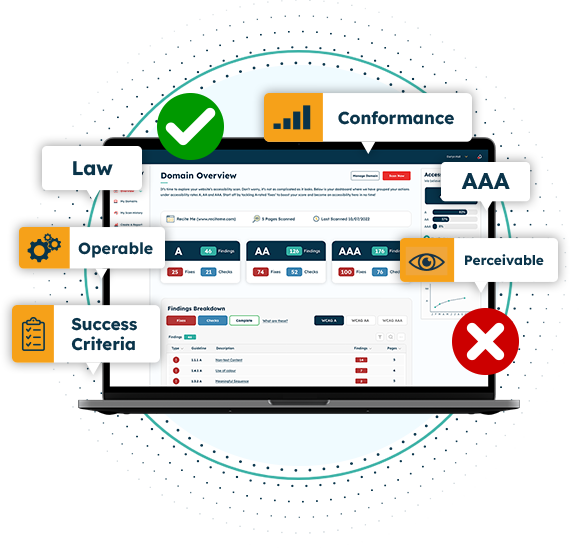
The Recite Me Accessibility Checker enables agencies to conduct comprehensive accessibility assessments of their digital assets, identifying potential barriers to access for individuals with disabilities. By leveraging advanced scanning algorithms, the Checker ensures compliance with WCAG standards, empowering agencies to proactively address accessibility gaps.
Recite Me’s Assistive Toolbar revolutionizes digital inclusion by providing a suite of customizable features that empower users with diverse needs to access online content seamlessly. From text-to-speech functionality and dyslexia-friendly fonts to translation services and screen reader compatibility, the Toolbar ensures a user-centric approach to accessibility, enhancing the overall digital experience for constituents.
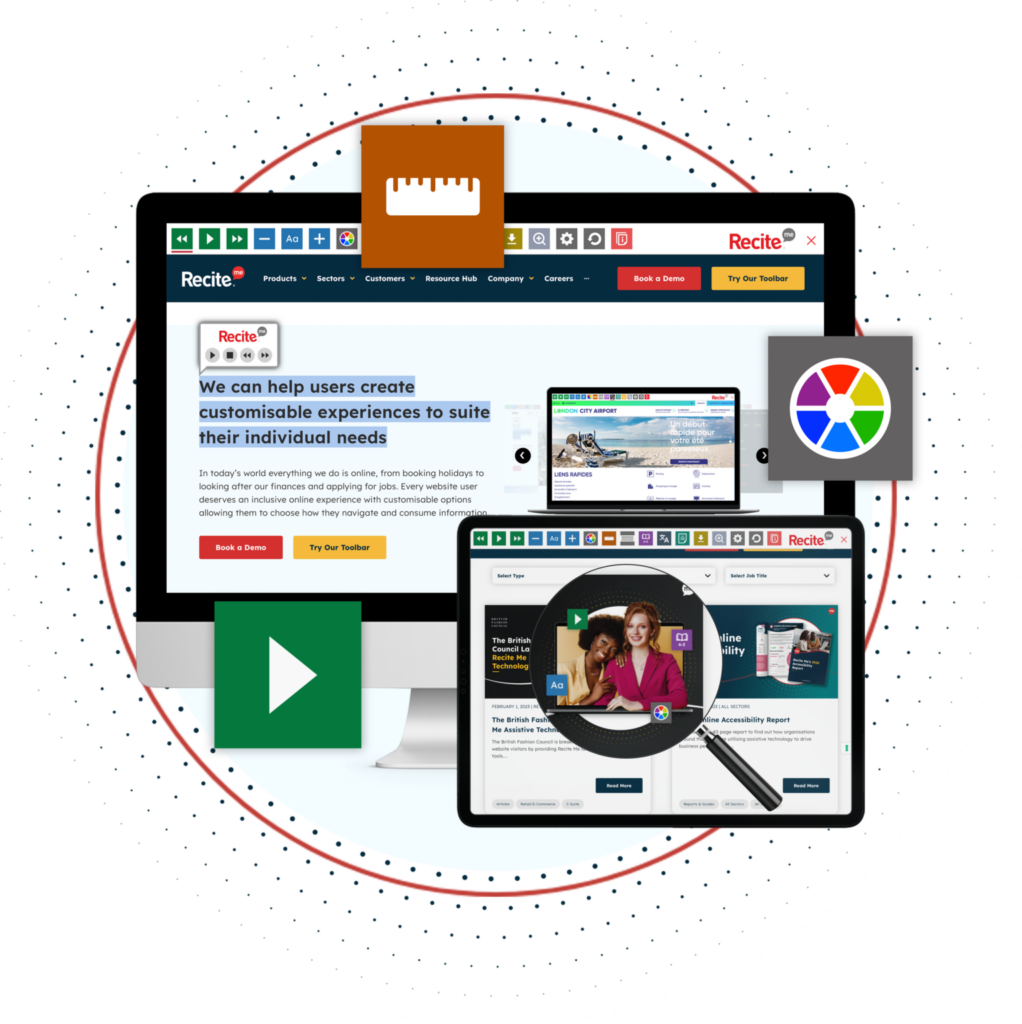
Key Benefits of Recite Me Solutions
New York City agencies will experience a number of key benefits by adopting Recite Me’s solutions.
- Compliance Assurance: Recite Me’s solutions align with NYC Local Laws 12 and 30, as well as federal mandates under the ADA and Section 504, enabling agencies to meet accessibility requirements effectively.
- Inclusive User Experience: The Checker and Toolbar promote inclusivity by providing individuals with disabilities equal access to digital content, fostering a more accessible and equitable online environment.
- Efficiency and Scalability: Recite Me’s scalable solutions streamline the accessibility process, allowing agencies to assess, remediate, and maintain compliance across their digital ecosystem efficiently.
- Enhanced Public Engagement: By prioritizing digital accessibility, agencies can enhance public engagement and foster trust with constituents, reinforcing their commitment to accessibility and inclusion.
Conclusion
In an era of digital transformation, ensuring digital accessibility is not only a legal imperative but also a moral obligation for New York City agencies. By leveraging Recite Me’s innovative accessibility solutions, agencies can proactively address accessibility and compliance requirements to meet the needs of a diverse population. Together, we can build a more accessible and inclusive digital landscape for all residents of New York City.
